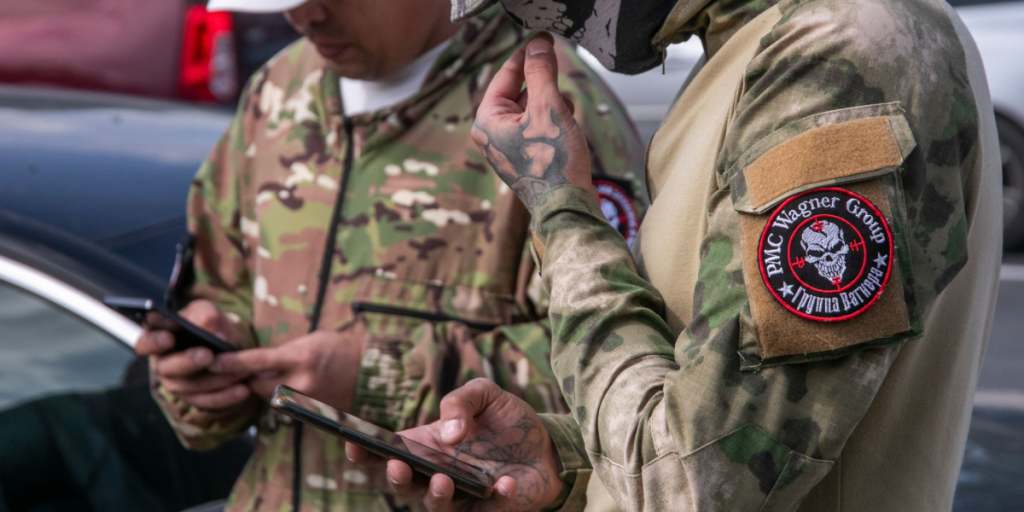What Comes After Prigozhin’s death?
Others are reading now
What Comes After Prigozhin’s death?
Wagner’s Legacy After Prigozhin
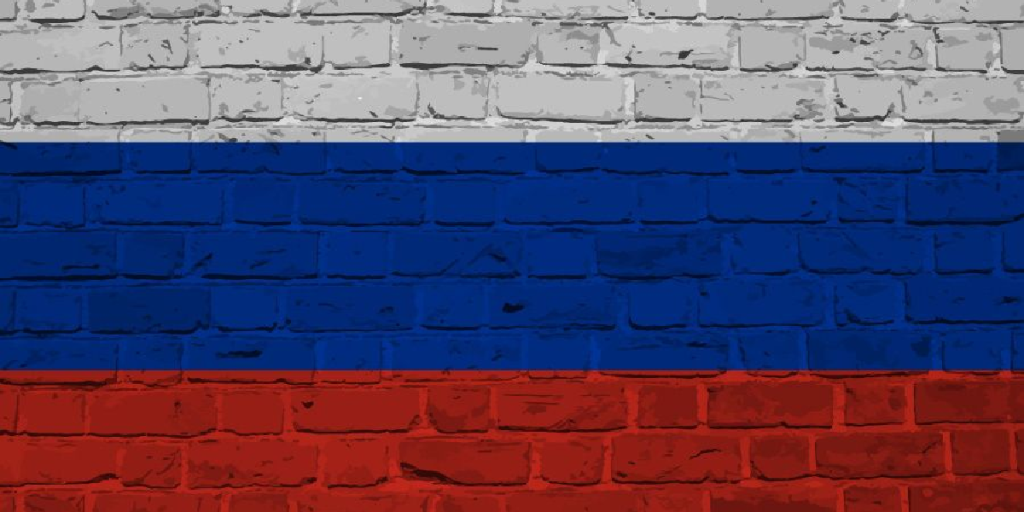
When Wagner Group leader Yevgeny Prigozhin died in a plane crash in 2023, many believed it marked the end of Russia’s most notorious private military company.
But over a year later, Russian mercenaries are not only still operating — they’re adapting, expanding, and remaining crucial to Moscow’s global influence strategy.
Wagner never really went away
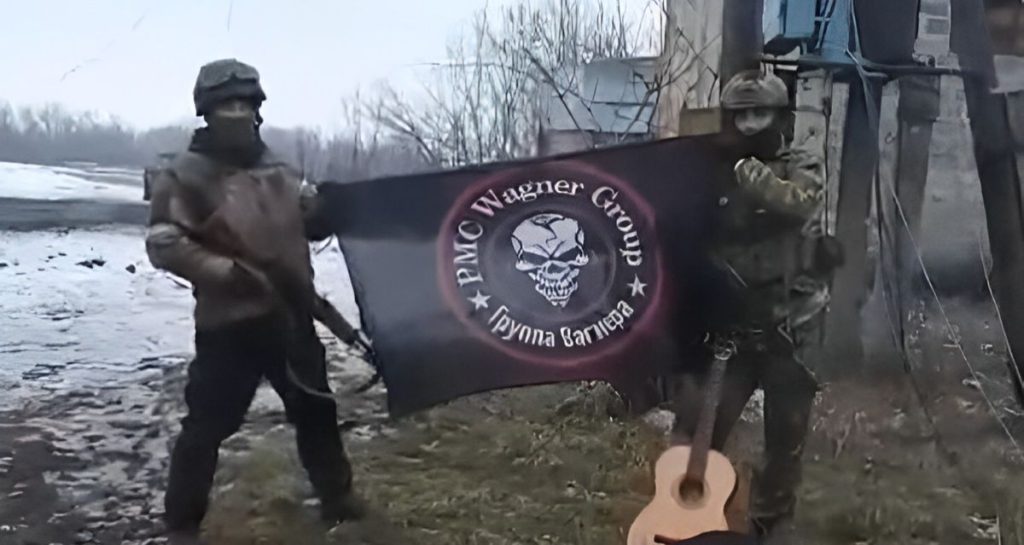
According to a report from VOA News, Wagner fighters continue to operate in countries like Mali, Belarus, and the Central African Republic.
In other locations, including Niger and Libya, they have been replaced by a new Russian-controlled structure known as Africa Corps — a unit closely tied to Russia’s Ministry of Defense.
Also read
Wagner’s roots in Russian intelligence
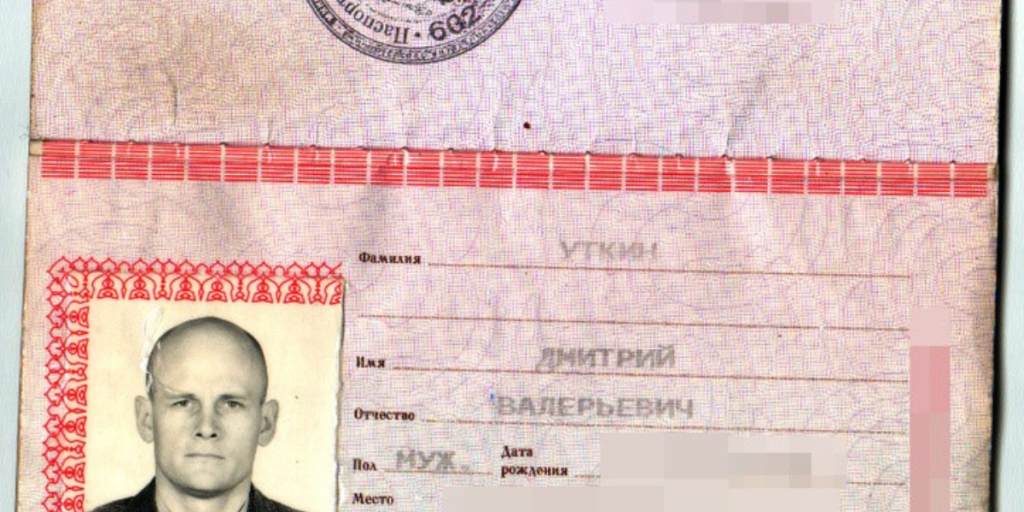
Wagner was founded by Dmitry Utkin, a former GRU officer, and Yevgeny Prigozhin. VOA notes that from its earliest days,
Wagner worked in coordination with the Russian military, notably during Russia’s annexation of Crimea in 2014 and in the Luhansk region of eastern Ukraine.
Intercepted communications even revealed Wagner’s collaboration with Russian officers on the battlefield.
Mercenaries with surprising autonomy
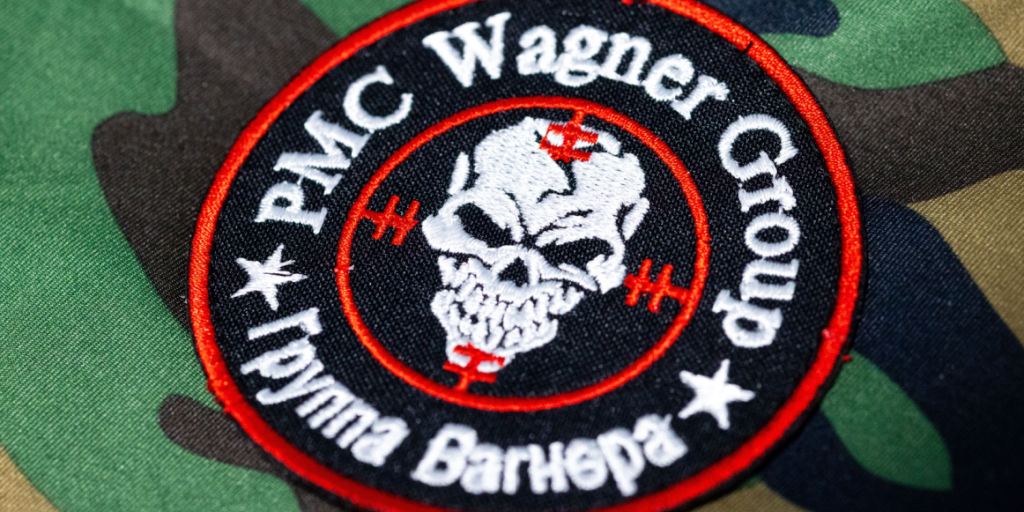
While closely linked to the Russian state, Wagner often shaped its own mission. In Africa, for example, VOA reports that Wagner frequently selected its own business partners and shifted military strategies without direct orders.
In the Central African Republic, it was Wagner that pushed for more aggressive campaigns against insurgents, not Moscow.
Also read
What replaced Wagner?
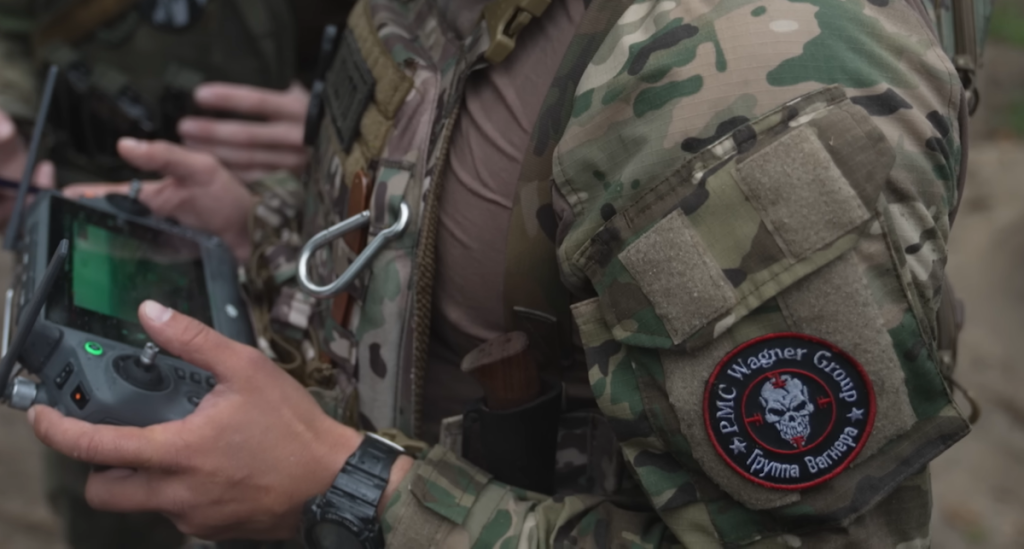
Since Prigozhin’s death, Wagner’s influence has been divided. VOA reports that parts of the group were absorbed into Russia’s National Guard, Chechnya’s Akhmat forces, and the Ministry of Defense.
However, original Wagner units still operate in parts of Africa and Belarus. Africa Corps, now Russia’s main mercenary arm, is far more controlled by military intelligence.
Wagner’s impact on Russia’s military playbook

One of Wagner’s most infamous battlefield tactics, “meat storms” — mass human wave assaults — was used heavily in Bakhmut.
Margolin and Lechner interviewed by VOA say that Wagner’s decentralized command structure and small-unit tactics are now being adopted by the Russian military. This shift is referred to as the “Wagnerization” of Russia’s war strategy.
The West faces a long-term challenge
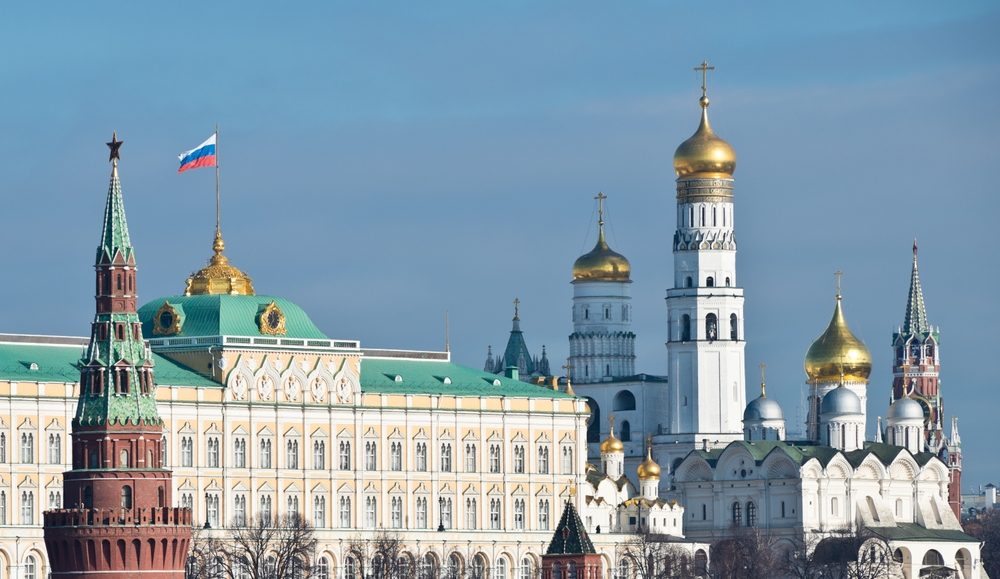
Ukrainian researcher Maria Kucherenko told VOA that Russian mercenaries shouldn’t be viewed as independent actors, but rather as direct extensions of Russia’s military intelligence apparatus.
Also read
What Wagner’s Legacy Means Now
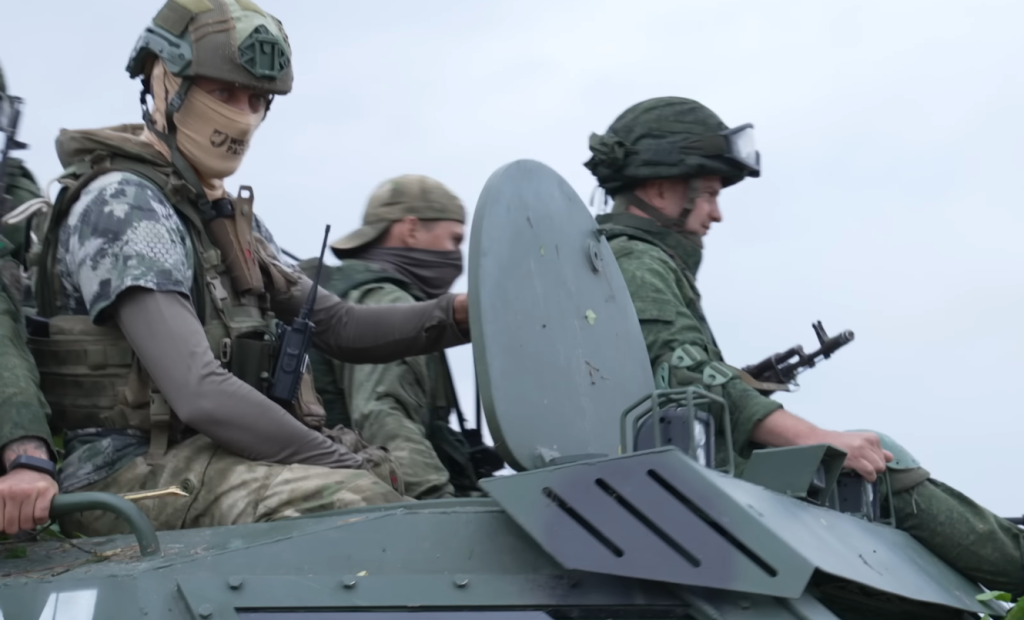
Wagner may no longer exist as one unified entity, but its influence lives on. With Africa Corps rising, Russia has created a more structured, state-controlled network of mercenary forces that can still wage war, extend influence, and act with plausible deniability.
As long as Moscow sees value in these shadow forces, they’re not going anywhere.

